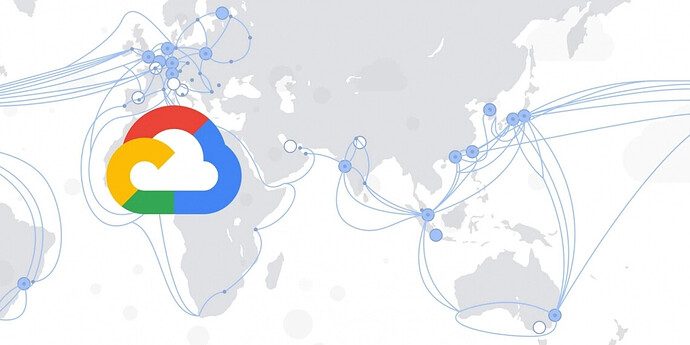Tech giants Facebook and Google have just announced Apricot, a new subsea cable that will boost connectivity in the Asia Pacific region. The 12,000km long submarine cable will connect Japan, Taiwan, Guam, the Philippines, Indonesia and Singapore, and unfortunately, Malaysia isn’t on the list.
This is seen as yet another missed opportunity for Malaysia which aims to have the most submarine cable landings in Southeast Asia by 2025 under MyDigital.
According to Facebook’s statement, Apricot will feature “state-of-the-art submersible reconfigurable optical add-drop multiplexer employing wavelength selective switch for a gridless and flexible bandwidth configuration, based on space division multiplexing design.”
Expected to launch in 2024, the cable system will provide an initial design capacity of more than 190 Tbps to meet rising data demands in the region as well as to support existing cable systems including Echo and Bifrost. It added that the new cable will help to meet the growing demand for 4G, 5G and broadband services in the region.
Google also highlighted that the network of cables will offer the benefits of multiple paths in and out of Asia to ensure a significantly higher degree of resilience for Google Cloud and digital services. As a result, businesses and startups in Asia can look forward to lower latency, more bandwidth, and increased resilience in connectivity between Southeast Asia, North Asia and the United States.
Quoting a study by Analysys Mason on the impact of Google’s APAC network infrastructure between 2010 and 2019, it found that network investments led to an extra USD 340 billion (about RM1.4 trillion) in aggregated GDP and 1.1 million additional jobs in the APAC region.
When Facebook announced Echo and Biforst cables to provide redundant and reliable connectivity between Southeast Asia and North America, MyIX had raised concerns that tech giants are giving Malaysia a pass due to the ongoing cabotage issue. The cabotage issue started after former Transport Minister Dr Wee Ka Siong revoked the exemption that was introduced by his predecessor meant to speed up undersea cable repairs which are crucial to the nation’s internet connectivity.
Tech giants such as Facebook, Google, Microsoft, and MyIX had written to Prime Minister Muhyiddin Yassin at least twice to push for the reinstatement of the cabotage exemption for submarine cable repairs. As mentioned by former Transport Minister Anthony Loke, submarine repairs in Malaysia took approximately 27 days which is significantly longer than our neighbouring countries in ASEAN. This was due to the DSL process which requires consultation with MASA (Malaysia Shipowners’ Association) before foreign vessels with the required DP2 capability can carry out the job. The exemption was introduced in April 2019 during the Pakatan Harapan administration after it was requested by Telekom Malaysia and TimeDotCom with the support of the Ministry of Communications and Multimedia, which was led by Gobind Singh.
In April this year, six ministries including MITI, Ministry of Finance, Ministry of Communications and Multimedia, Ministry of Transport, EPU, MEDAC and MOSTI were instructed to study the impact of the cabotage policy on digital investments and the local shipping industry, and to come back with a recommendation in two weeks. Several months have passed and no decision has been made by the government.
The lack of updates after nearly 3 months prompted MyIX and PIKOM to issue a statement reminding that the government’s silence on the issue continues “to cause jitters with foreign investors”. MyIX added that 5 out of 6 ministries are in favour of reinstating the cabotage exemption for foreign vessels to conduct submarine cable repairs in Malaysian waters.
Source: SoyaCincau
